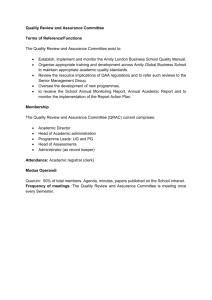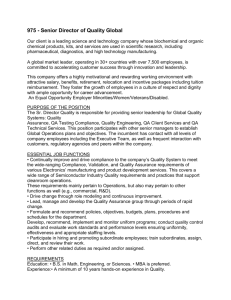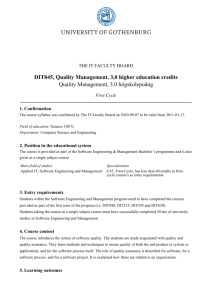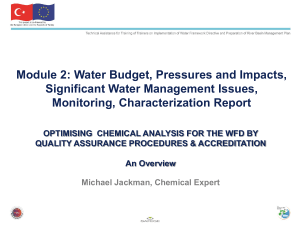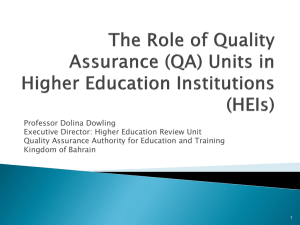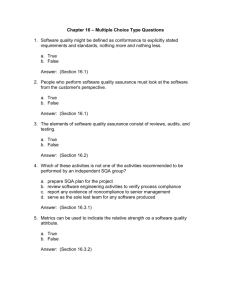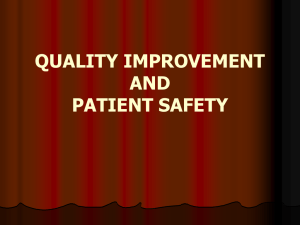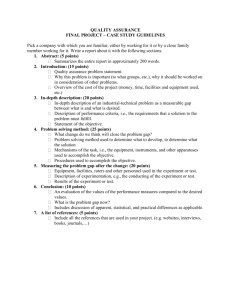Curriculum vitae
advertisement
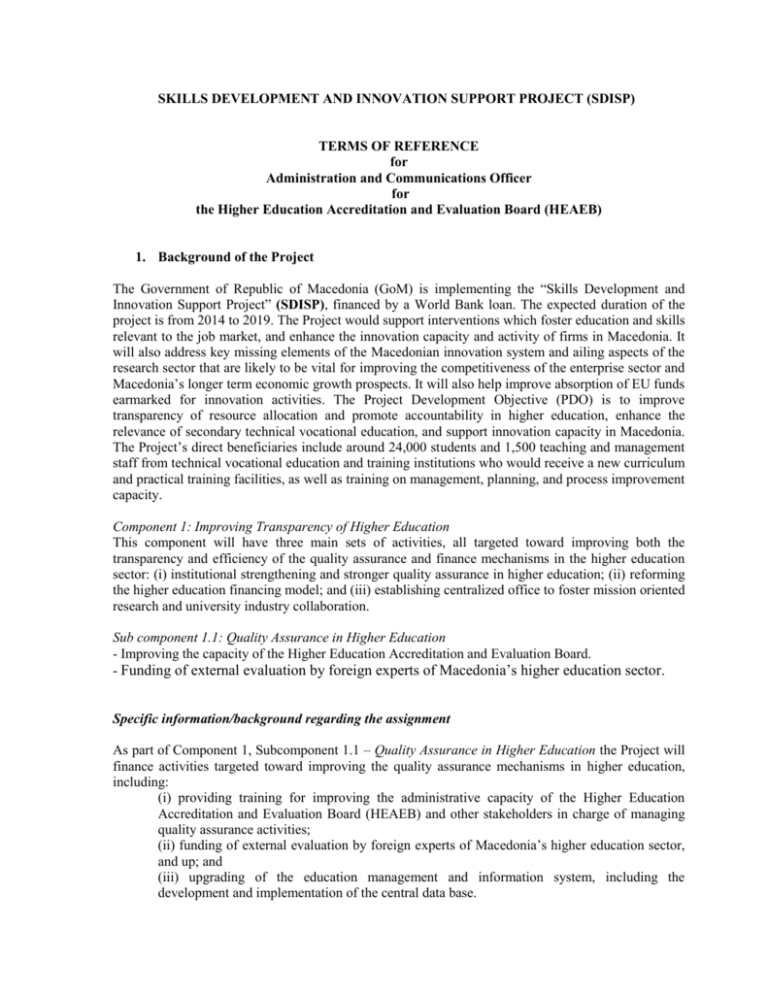
SKILLS DEVELOPMENT AND INNOVATION SUPPORT PROJECT (SDISP) TERMS OF REFERENCE for Administration and Communications Officer for the Higher Education Accreditation and Evaluation Board (HEAEB) 1. Background of the Project The Government of Republic of Macedonia (GoM) is implementing the “Skills Development and Innovation Support Project” (SDISP), financed by a World Bank loan. The expected duration of the project is from 2014 to 2019. The Project would support interventions which foster education and skills relevant to the job market, and enhance the innovation capacity and activity of firms in Macedonia. It will also address key missing elements of the Macedonian innovation system and ailing aspects of the research sector that are likely to be vital for improving the competitiveness of the enterprise sector and Macedonia’s longer term economic growth prospects. It will also help improve absorption of EU funds earmarked for innovation activities. The Project Development Objective (PDO) is to improve transparency of resource allocation and promote accountability in higher education, enhance the relevance of secondary technical vocational education, and support innovation capacity in Macedonia. The Project’s direct beneficiaries include around 24,000 students and 1,500 teaching and management staff from technical vocational education and training institutions who would receive a new curriculum and practical training facilities, as well as training on management, planning, and process improvement capacity. Component 1: Improving Transparency of Higher Education This component will have three main sets of activities, all targeted toward improving both the transparency and efficiency of the quality assurance and finance mechanisms in the higher education sector: (i) institutional strengthening and stronger quality assurance in higher education; (ii) reforming the higher education financing model; and (iii) establishing centralized office to foster mission oriented research and university industry collaboration. Sub component 1.1: Quality Assurance in Higher Education - Improving the capacity of the Higher Education Accreditation and Evaluation Board. - Funding of external evaluation by foreign experts of Macedonia’s higher education sector. Specific information/background regarding the assignment As part of Component 1, Subcomponent 1.1 – Quality Assurance in Higher Education the Project will finance activities targeted toward improving the quality assurance mechanisms in higher education, including: (i) providing training for improving the administrative capacity of the Higher Education Accreditation and Evaluation Board (HEAEB) and other stakeholders in charge of managing quality assurance activities; (ii) funding of external evaluation by foreign experts of Macedonia’s higher education sector, and up; and (iii) upgrading of the education management and information system, including the development and implementation of the central data base. As an initial step, the Project will fund technical assistance to support the Higher Education Accreditation and Evaluation Board (HEAEB) meeting the requirements to be accepted as a member in the European Association for Quality Assurance in Higher Education (ENQA) and the European Quality Assurance Register for Higher Education (EQAR).By doing so, the Higher Education Accreditation and Evaluation Board (HEAEB) will be recognized as an internationally qualified accreditation agency, and their accreditation outcomes for Macedonian higher education institutions and academic programs will be of a globally recognized and assessed quality. 2. Objective of the assignment The purpose of this assignment is to hire a consultant on the position of Administration and Communications Officer to provide assistance in managing quality assurance activities and work closely with the newly established Grants and Contracts Division of HEAEB. In particular, the advisor is expected to (i) provide administrative assistance to the HEAEB, (ii) increase the international visibility of HEAEB by preparing comprehensive PR strategy and (iii) establish the networking with ENQA and EQAR. 3. Scope of work The selected consultant will perform the following activities: Provide assistance to the HEAEB in managing quality assurance activities Coordinate activities that need to be taken in order to achieve ENQA/EQAR membership; Coordinate activities for applying for grants for improving the capacity of HEAEB; Liaise and ensure constant communication/coordination with HEAEB members, MoES representatives and relevant international consultants hired under the Skills Development and Innovation Support Project; Prepare comprehensive PR strategy aimed at presenting the role and the activities of the HEAEB to the wider audience; Prepare necessary presentations for key target audiences and serve as facilitator for various meetings and discussions related to PR and grants and contracts’ applications Disseminate project outcomes and results. 4. Reporting obligations The consultant will report to the president of HEAEB and to the SDISP Project Director through provision of necessary progress reports, information and other deliverables within the scope of work as per their request. 5. Consultant’s Qualifications Minimum 3 (three) years of relevant experience in the area of public relations and/or international cooperation; Strong project management skills, i.e. excellent knowledge and experience in all phases of the project management cycle; Excellent written and oral communication skills in English and Macedonian. University degree in the field of international relations, science or humanities; Advanced (postgraduate) degree will be considered an advantage Computer literacy with practical experience in Microsoft applications. 6. Selection and Contract Arrangements - - The selection method will be Selection of Individual Advisor in accordance with “Guidelines: Selection and Employment of Consultants under IBRD Loans and IDA Credits & Grants by the World Bank Borrowers“(January 2011). The Contract shall be time-based. The contract period shall be March 2016-May 2019. Payment shall be made through an intermediary agency for copyrights and other intellectual rights to the Consultant’s bank account. This is a full-time appointment for which the Consultant is required to work a minimum of forty hours a week under a work schedule determined by the President of the HEAEB. National holidays are non-working days. Reimbursement for overtime work, as may be requested from time to time by the President of the HEAEB or the SDIS Project Director, is included in the monthly remuneration fee. For each full month of work the Consultant will accumulate 2 (two) days of annual leave. Annual leave should be used within the duration of this Contract.
